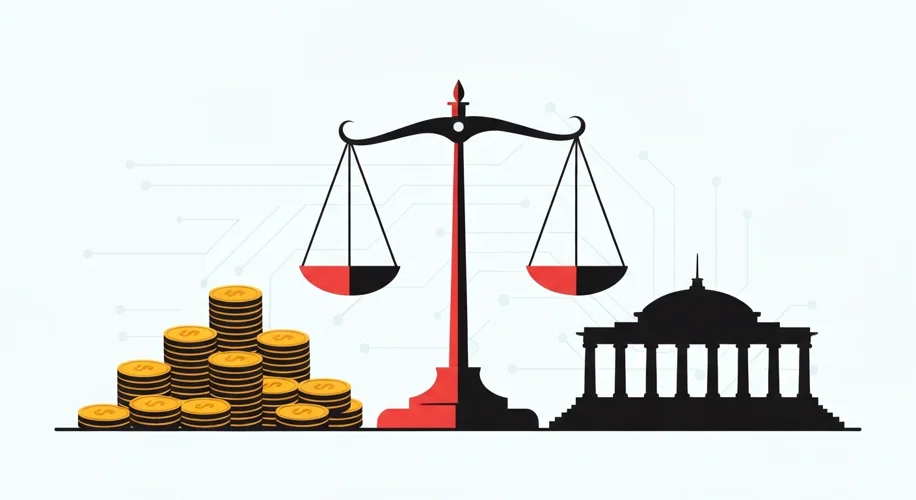It’s August 31, 2025, and the conversation about the US economy often circles back to one big question: has the nation strayed from its free-market capitalist roots?
For decades, the American economy has been largely defined by its commitment to free markets – the idea that supply and demand, with minimal government intervention, should drive economic activity. This system has been credited with fostering innovation, driving growth, and creating widespread prosperity.
However, in recent years, we’ve seen shifts. We’ve observed increased government involvement in various sectors, from technology to trade. Policies aimed at supporting domestic industries, managing inflation, or addressing environmental concerns often involve more direct government intervention than we might have seen in previous eras.
Think about the CHIPS and Science Act, designed to boost domestic semiconductor manufacturing. While the goal is to strengthen national security and economic competitiveness, it’s also a significant government investment in a specific industry. Or consider the ongoing debates and actions around tariffs, which directly influence international trade flows and the prices consumers pay.
These aren’t necessarily criticisms, but observations of evolving economic policy. The core principles of capitalism – private ownership, competition, and profit motive – are still very much present. What seems to be changing is the degree of government involvement and the tools used to achieve economic and societal goals.
From my perspective, this isn’t a simple ‘yes’ or ‘no’ answer. It’s more of a spectrum. Technology, globalization, and evolving societal priorities all play a role in shaping how capitalism functions in practice.
For instance, the rapid advancements in artificial intelligence and automation present new challenges and opportunities. How do we ensure fair competition when a few tech giants dominate certain markets? What role should policy play in managing the impact of AI on jobs and economic inequality? These are complex questions that don’t have easy answers and often lead to policy responses that involve government action.
We need to ask ourselves: what does a ‘free market’ truly mean in today’s interconnected and rapidly changing world? Does it mean zero government intervention, or does it mean creating a framework where markets can operate fairly and responsibly, addressing market failures and societal needs?
The long-term implications are significant. How these policy shifts affect innovation, economic growth, and the distribution of wealth will shape society for years to come. It’s crucial for all of us – tech enthusiasts, policymakers, and the public alike – to engage in thoughtful discussion about these trends, understand the trade-offs, and consider the kind of economic future we want to build.

